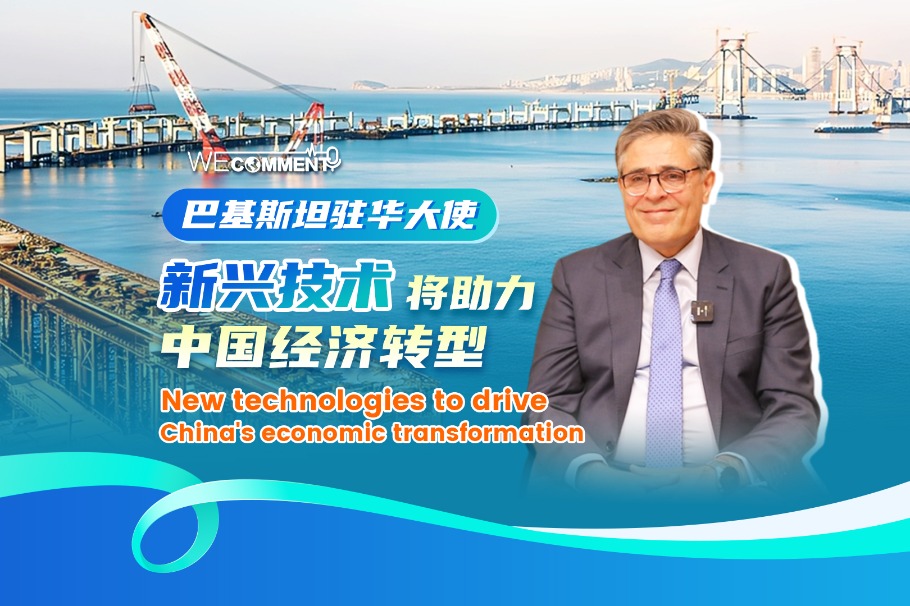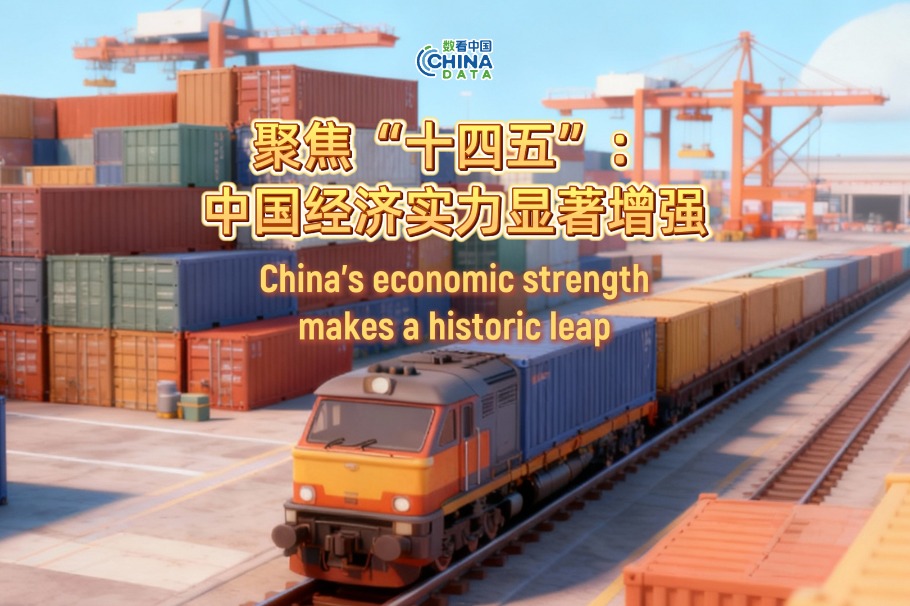Global manufacturers banking on China market


Gao Yan, member of executive committee of Thyssenkrupp AG and CEO of Thyssenkrupp China. [Photo provided to China Daily]
Q4. What's your take on China's dual carbon goals, which have received a thumbs-up globally? Do you see big business opportunities arising from the country's carbon goals?
DING: 3M looks to explore new business opportunities in green development by working closely with government bodies, enterprises and research institutes, and we will continue to apply our advanced technology to these areas and make new contributions to the development of green economy in China, such as water-based industrial adhesives for Chinese home appliance manufacturers. We will continue to work with stakeholders in China and around the world to create a cleaner, safer future for us all.
ECKERLEIN: China is playing a critical role in tackling climate change. A recent international survey by ABB shows that 71 percent of Chinese companies surveyed aim to achieve net zero within five years, and nearly all expect their investment in energy efficiency improvements to increase over the next five years. China's dual carbon goals have created many new opportunities for businesses. At ABB, we support expanding the Chinese EV charging network, helping to build a monitoring network to detect greenhouse gas emissions, deploying high-efficiency electric motors and drives to reduce energy consumption in buildings and industries, and collaborating with local hospitals and biotech companies to develop robotic solutions for healthcare.
KHAOU: China is the world's largest energy consumer. Its dual carbon goals show a deep commitment to supporting global efforts to address climate change. This commitment is in line with global energy trends and is befitting of a responsible major country. China's dual carbon goals will undoubtedly generate huge opportunities for businesses. Achieving the goals will require companies to transform the way they manage their products and services across the entire lifecycle, from design, manufacturing and use to end-of-life.
GAO: As the world's second-largest economy, China's greenhouse gas emissions are also huge. But China has already formulated serious policies and measures to reduce CO2 emissions. China's commitment and actions on CO2 reductions have given the world more confidence in reaching its global climate targets. We could say that without China's participation and commitment, it is impossible to manage the global environmental crisis.
The dual carbon goals have led to more demand for high-end and low-carbon products and solutions in China. In order to meet the requirements, cooperation is needed to jointly explore carbon reduction technologies, carry out R&D activities and promote the technologies' maturity and implementation.
GUO: China's climate actions are critical to the planet's net-zero future, and it will contribute largely to a reduction of emissions globally. China has set an early timeline for peaking carbon emissions, and clearly mapped out a path after peaking. The dual carbon targets cannot be met without ambitious actions taken in various sectors, including aviation.
We believe the government will increase investment in sustainable development and promote support for various green projects. Embraer has announced a commitment to achieve the aviation industry's goal of net-zero carbon emissions by 2050.
MOST POPULAR
- 1 Chinese cities dominate global science rankings for first time: Nature
- 2 Beijing cautions tourists over Japan travel risks
- 3 Nation offering great opportunities for global biz
- 4 China implements higher-level financial opening-up policies in Hainan
- 5 Policy allowing Guangdong vehicles to travel to Hong Kong takes effect







